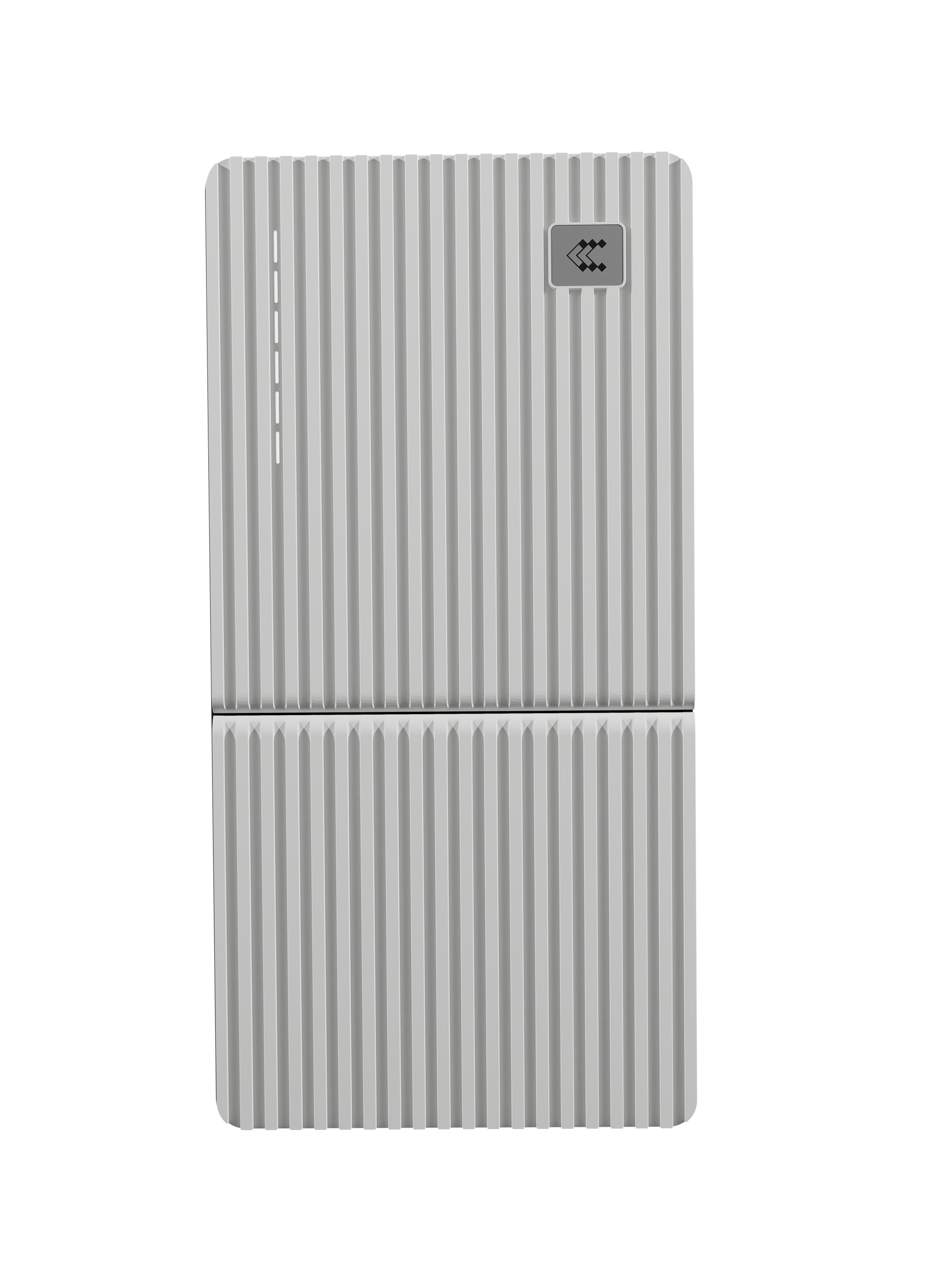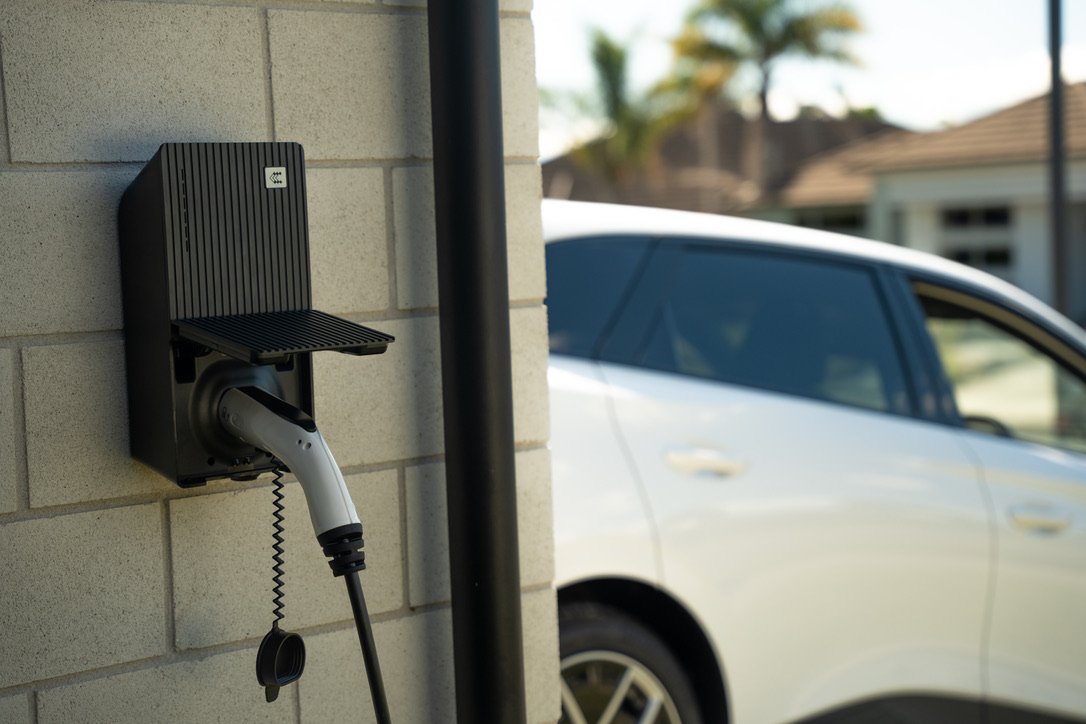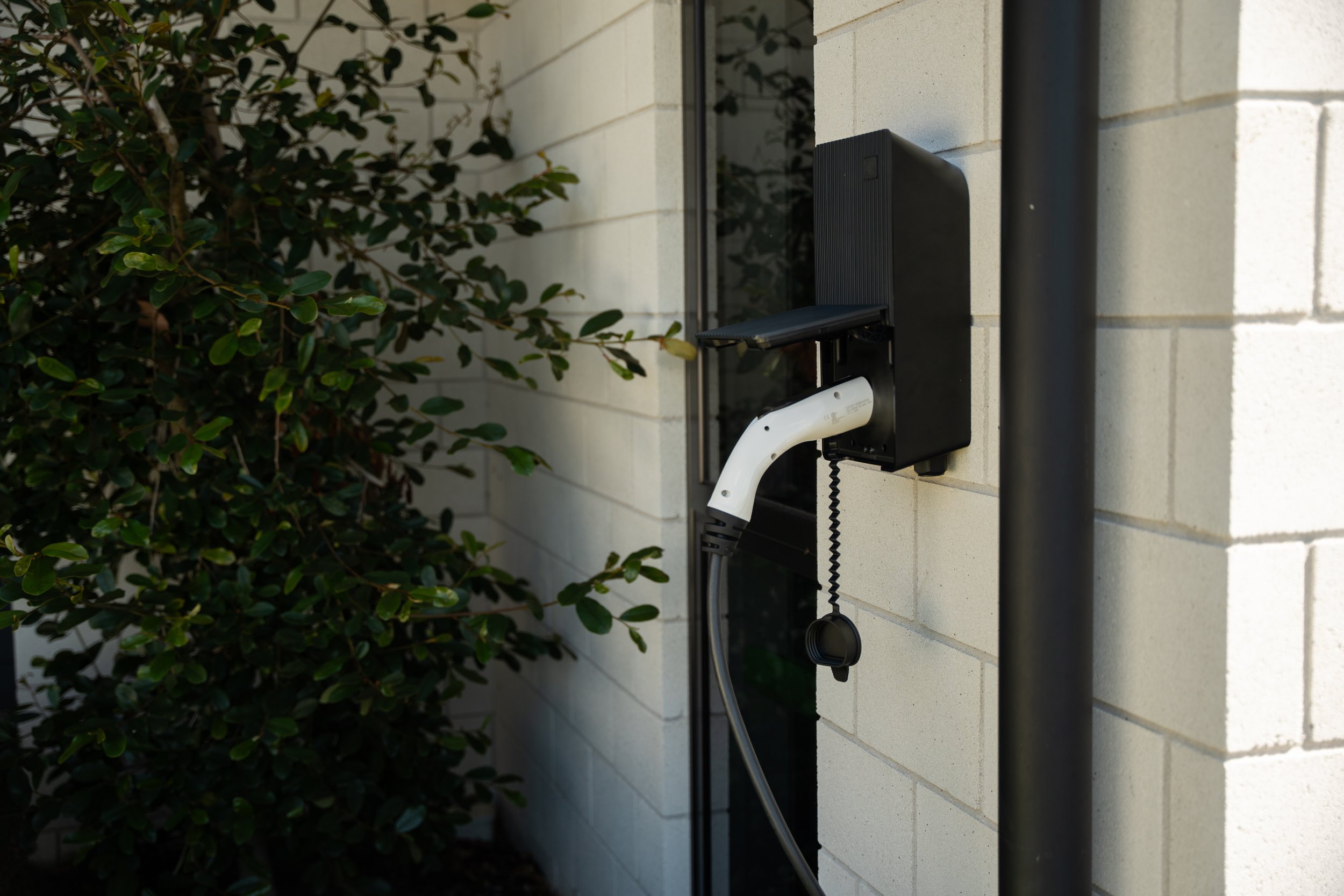
For Home
Get the smarter and faster home charger that’s already equipped to protect your home.
Supplied and installed in the Waikato for as little as $1,895 incl GST*.
$1,000 upfront payment, with the remainder only due on the 20th of the following month.
Charger includes an in-built RDC-DD device and load management capability.
Give us a call at 07 850 3238
The smart way to charge at Home in the Waikato!
Have you got an EV charging from your home 3-pin plug?
Contact us to find out more about getting a home charger expertly installed on its own dedicated circuit.
So be smart, don’t blow a fuse and charge with We.EV.
We.EV can also integrate your home charger with your solar system to use more clean energy to drive your EV.
We are now offering payment terms of $1,000 deposit paid prior to the installation with the balance only due on the 20th of the following month.
Introducing the Teltonika TeltoCharge Smart Charger
Customisable | Easy | Reliable | Smart
A premium-quality and easy-to-use EV charging solution that seamlessly integrates with solar power, transforming your EV charging experience with impressive functionality, sleek design, durable construction, and intelligent features to help you save time, money, and reduce your carbon footprint.





Powerful 32A 7.4kW with Type 2 socket or tethered cable
Extra protection with Dynamic Load Control
24/7 visibility with the We.EV app
Built-in solar integration
Installed by trusted We.EV accredited electricians
Need advice?
If you have any questions about We.EV for Home or need further information reach out to our friendly team who’ll be more than happy to answer your questions.

So you want to do your bit for the WEL Networks community and save yourself some money too?
Start here!
The benefits of

for Home
-

You'll be hard pressed to find a better deal
-

Expert We.EV accredited installers
-

One-on-one support
-

Flexible payment options
-

Doing your bit for the community
-

Backed by WEL Networks
Our chargers are compatible with all electric vehicles






























Frequently asked questions
-
Technically you can, but we wouldn’t recommend it and neither does WorkSafe. A wall socket isn’t as powerful as a dedicated electric vehicle charger, so it will take a lot longer to charge your car this way – you might be waiting a long time to get to work. And you probably wouldn’t get the benefit of off-peak electricity tariffs.
Safety is a big factor too. Standard home outlets are just not designed for constant, high amperage loads and in some situations can overheat, so there’s a lot of other factors to consider. It’s the same deal for portable charging leads to charge larger battery packs, it’s just not worth the risk.
A dedicated charger means you won’t have to worry about charging in the rain either, because our electric vehicle chargers are built to withstand all weather conditions.
A new EV will use more than half the maximum power a house is actually wired for, so charging while the roast is in the oven and with the heat pump on could overload your house and potentially blow the main supply fuse… not a cheap fix!
Our home charger has dynamic load balancing to automatically reduce the rate at which it charges your EV when your household load is high, and then cleverly ramps it up to the maximum rate when your household load gets lower.
And that’s why a smart charger is a smart decision.
-
With your own electric vehicle charging point, you’ve got power when you need it, so you’re in control of when and where you charge. You don’t need to drive to a public charger and hang around in a queue, so you can be a lot more productive with your time.
That’s where our app comes in handy. You can plug in when you get home, then set it and forget it until you need your EV the next day. Pre-set settings even let you take advantage of cheaper off-peak rates.
During periods of high demand, electricity becomes more expensive and can require generation from fossil fuels. Charging your EV during off-peak will maximise your use of New Zealand’s renewable energy sources.
-
It depends on two things; the size of the EV battery and how much energy is already in the battery (called the state of charge or SOC). Here’s a rough guide to what you can expect:
AC 1.8kW 3-pin plug charges ~10km range per hour
AC 7.4kW home smart charger charges ~40km range per hour
DC 50kW fast charger charges ~300km range per hour
DC 160kW ultra-fast charger charges ~900km range per hour
-
Charging your EV at home is the most cost-effective way to recharge your battery. Compare the Time of Use (ToU) plans that different retailers offer for lower night-time rates to find the best option for your household.
The cost of charging an electric car depends on how much you drive. If you're like most Kiwis, who average around 25-35km of driving per day, it'll cost around $3 per 100km (the equivalent to paying $0.30 for a litre of petrol) to charge at home.
-
Basically, smart charging just gives you more control. It allows you to set up scheduled charging times, set your charge speed, and gives greater flexibility on energy use. When the electric grid is under pressure, We.EV and your EDB can even reduce or stop EV charging to limit the number of homes losing power.
One of the things our customers love the most about their smart chargers, is once they set it, it just does its thing. No stress. No fuss. Just plug in your EV and the smart charger does the rest.
-
You can, but not with a single standard installation as they’re only be able to charge one EV at a time. The average daily commute is around 25-35km, so if you need to charge more than one EV, the easiest charging solution would be to charge one EV one night, and the other the next night – and just get into an easy routine to rotate between the vehicles. Technically, you could install a second charger to plug in both EVs and either set them to start charging at different times, or they can charge simultaneously and the dynamic load balancing in each charger will ensure that they don’t draw too much power.
-
No, you do not need to have a WEL Networks smart meter. An EV smart charger installation is separate to the energy meter and is independent of the local lines company or retailer.
-
No two installations are the same so to start with we will give you a base price for a charger with standard installation, which would mean:
Face plate of your colour choice (excluding the Accoya Wood option)
7.4kW Tethered or socketed without a cable included
Installation at a single phase property
The main switchboard being in the garage
Charger installation location in the garage
Your property is located within 30km of our closest accredited installer.
If there are any variables, the price will likely change. But talk to us first, and let’s see what we can do.
-
Absolutely! We’re locals with world-class expertise, and our team has been working in this space for many years. With our core business being in the energy utility industry, we understand electricity and the challenges both suppliers and consumers face when introducing EV infrastructure to a new or existing site. Why not get in touch via our contact form on the website or email or phone? We’ll be happy to help.
-
As there’s rarely any major building involved, a standard installation usually only takes about 3 to 4 hours to complete. It takes a bit longer for additional complications or unique installations however.
-
Yes, we can definitely help with commercial or apartment buildings. Get in touch with our commercial team using the contact details on our website or email enquiries@we-ev.co.nz.
-
There are two main standards for charger plug types on EVs; Type 1 and Type 2. Many of the early EV’s came with Type 1 plugs on the vehicles (e.g. a Nissan Leaf), now most newer EVs are coming out with Type 2.
That’s why it’s important to think ahead about any potential future EV upgrades you might want in future. For greater flexibility, you can purchase a socketed charger that allows different AC cable types to be used.
-
A tethered charger means there’s a charging lead attached to the charger – so you need to decide whether you need a Type 1 or Type 2 cable. To future-proof our service, we’re only offering the newer Type 2 tethered cables. But if you have a Type 1 EV such as a Nissan Leaf or similar, you can buy a Type 2 to Type 1 adaptor.
-
A socketed charger means there’s no attached charging lead. Basically this allows you to use a Type 1 or Type 2 connection lead, but you’ll need to buy these individual leads separately. Talk to us first to see what options you prefer and we can work out any additional costs.
-
Yes, your tethered cable can be replaced. This must be done by a qualified electrician or an electrical service technician however.
-
Yes, the great thing is, our smart chargers can be locked using our free app. So your charger is safe and secure, even when you’re not around.
-
AC 3 Pin Plug (1.8kW) - 10 km range/hr
AC Smart Charger (7.4kW) - 40 km range/hr
DC Fast Charger (50kW) at WEL Networks non-Countdown EV charging sites - 300 km range/hr
DC Ultra Fast Charger (160kW) at We.EV Chargers at Waitomo Ruakura - 900 km range/hr
Backed by WEL Networks
Across the Waikato, WEL Networks delivers innovative and sustainable energy solutions which enable our communities to thrive.
With over 100,000 households and businesses connecting to our electricity services, we’ve been playing an essential role in the economic and social development of our communities for over 100 years.
Key to this economic and social development are strong partnerships and innovation which see us explore new ways of providing critical infrastructure and services to ensure our customers receive affordable, reliable, fairly priced and environmentally sustainable energy.
Now, we’re bringing this experience to the EV charging space.







